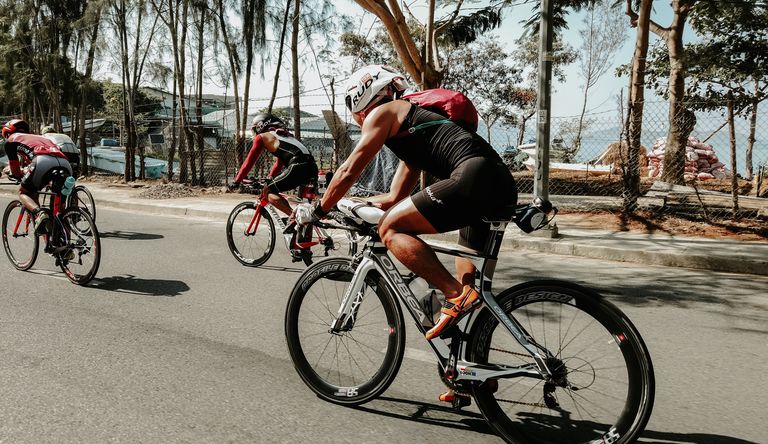Preview Mode: Access 20% of each content piece.

POWER READ
Wisdom From an Ironman: Developing Grit and Resilience
Gain Actionable Insights Into:
- Why slowing down is actually more effective than pushing hard
- How to identify your “anchors” and use them to your advantage
- How to boost your morale and stay on course when you want to give up
Work Backwards: How to Set Realistic Goals
Anyone can do an Ironman or run an Ultra Marathon. Once you’ve decided to take up a challenge that’s going to stretch you to your limits, grit is the piece that will get you to the finish line. As the saying goes, “the biggest muscle is actually between your ears”. Here’s what you need to understand to help you achieve your most ambitious goals.
A Fine Balance
There are five basic elements to our lives that exist in some form of balance:
- Family & social life
- Nutrition
- Exercise
- Work & income
- Sleep and recovery
The act of balancing these elements is what we broadly define as “wellness” today. Think of them as five fingers to your hand. Too much nutrition and not enough exercise leads to obesity. The absence of sleep lowers your ability to recover after exercise or to be productive at work, which in turn compromises your income, that impacts everything again.
The most important skill that anyone wanting to become an Ironman or Ultra runner has to master, long before embarking on the journey, is how you would balance inevitably limited 24-hour days. Trade-offs between these “five fingers on a hand” need to provide you with a decent amount of time per week that you can dedicate to preparations towards your goal.
Now, the Ironman is just a physical fitness goal. You can apply this theory of balance to work to any goal you are working towards in your life. Suppose your goal is to improve the Nutrition aspect of your life. You’d want to learn to cook at home if you have no cooking skills today. To do this, you’d have to compromise something. It’s always the reality of what you can afford as well as what you’d need to give up to achieve your goal.
Anchoring: Knowing Yourself and Assessing the Environment
At its core, the act of making commitments is a very personal one. The easiest way to stick to your commitments is to find a strong link between the commitment you’re making and the values you live by. Human beings are also biased to depend on some limited and initial pieces of information to make subsequent judgments – this process is called anchoring. Your “anchor” is an impulse behind the original decision. It is the single most powerful force that will keep you going towards the goal.
To keep reading this content, sign up for a free trial.
Get full access FREE for 30 days